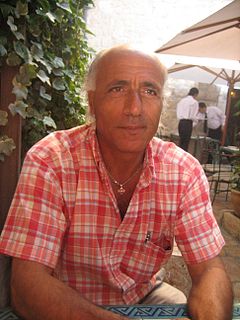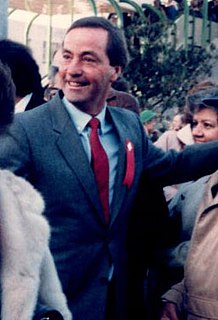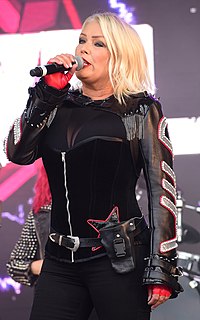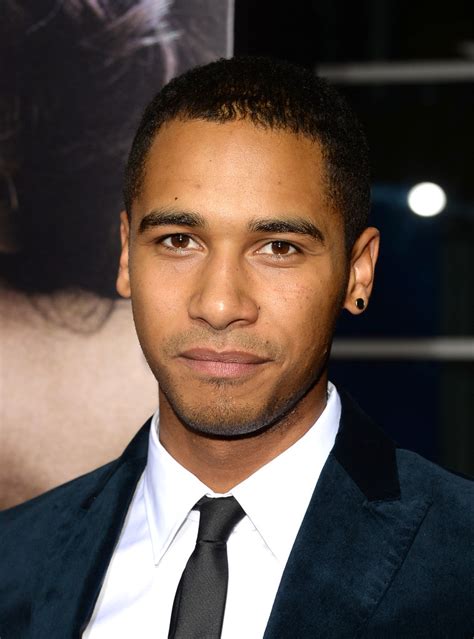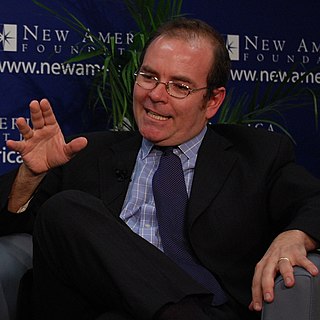A Quote by Mordechai Vanunu
I said the kidnapping is a crime. I have the right to speak about the crime done against me. They didn't like me to speak about this crime. So I decided to reveal it to the public.
Related Quotes
The best crime stories are always about the crime and its consequences - you know, 'Crime And Punishment' is the classic. Where you have the crime, and its consequences are the story, but considering the crime and the consequences makes you think about the society in which the crime takes place, if you see what I mean.
Once I got interested in organized crime, and, specifically, Jewish organized crime, I got very interested in it. I have learned that, like my narrator Hannah, I'm a crime writer in my own peculiar way. Crime with a capital "C" is the subject that I'm stuck with - even Sway is about "crime" in a certain way. The nice thing about crime is that it enables you to deal with some big questioO
If it comes to a question of law, the charges they brought against me - the Espionage Act - is called the quintessential political crime. A political crime, in legal terms, is defined as any crime against a state, as opposed to against an individual. Assassination, for example, is not a political crime because you've killed a person, an individual, and they've been harmed; their family's been harmed. But the state itself, you can't be extradited for harming it.
If today you can take a thing like evolution and make it a crime to teach it in the public school, tomorrow you can make it a crime to teach it in the private schools, and the next year you can make it a crime to teach it to the hustings or in the church. At the next session you may ban books and newspapers. Soon you may set Catholic against Protestant and Protestant against Protestant, and try to foist your own religion upon the minds of men.
'By Any Means' follows a team of behind-the-scenes crime-prevention team - not police. They basically go to the areas of crime where the police can't touch and organised crime fighting units can't go to - in the public eye - to bring about real justice, treading the line between 'true' justice and what the law says is justice.
During the Great Depression, levels of crime actually dropped. During the 1920s, when life was free and easy, so was crime. During the 1930s, when the entire American economy fell into a government-owned alligator moat, crime was nearly non-existent. During the 1950s and 1960s, when the economy was excellent, crime rose again.
